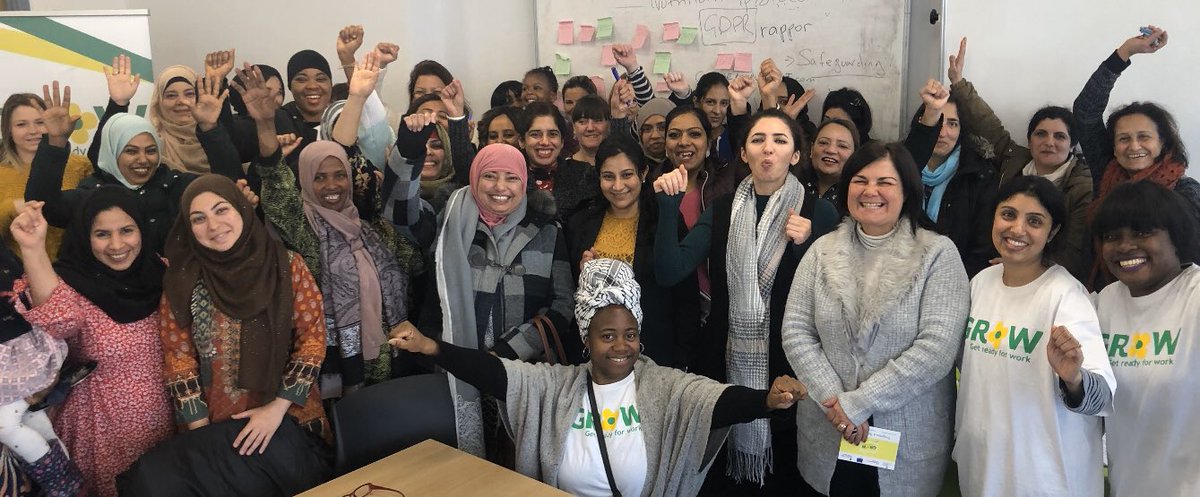Imran Malik is Employer Engagement Officer at Action West London and a regular face at our GRoW Coffee Mornings. Imran spoke to GRoW to share some of his ideas and advice about how to get a job in today’s challenging climate.
Imran said “Due to the pandemic and the challenges with lockdown, many businesses are uncertain about their future and how to survive with a downturn of trade, however, there are still many sectors still recruiting and it’s all about finding them, being open minded about changing career (maybe just for a short while) and approaching them in the right way. With many more people now out of work applicants have to work smarter to get their CV to hit home and try to get that all important interview.
At Action West London we work with many training providers and employers who come directly to us first with jobs that they haven’t yet advertised on job boards such as Indeed and Reed. They ask us to pre-screen potential candidates to source the right people for their vacancies, so it’s important for us to find out the skills people have in order to be able to achieve this.
The kind of vacancies that are out there right now tend to be in the field of logistics such as warehouse operatives, mail sorters and drivers for companies such as Amazon and Royal Mail. We have nurseries looking for lunch time assistants and kitchen assistants which are ideal jobs for lone parents or people looking to work part time, both qualified and unqualified teaching assistants and also apprenticeships for people looking to start a career in childcare. NHS Track and Trace are looking for call handlers to work remotely and, they have a high demand for cleaners and porters.
These are jobs that are all currently available but in order to get your CV noticed my advice would be to tailor the CV to the job to show you have relevant skills or experience. For example, if you have worked in the hospitality and retail sector before and now because of the pandemic you are out of work and looking to get into a different job such as call handling you must demonstrate the transferrable skills you have and make it stand out. It is very important to get this information across in the first 5 or 6 sentences you write eg. “I have unfortunately lost my job in the hospitality sector but have many years of experience in engaging with customers which I can confidently take into a new role as a call handling.” Employers are now looking at hundreds of CV’s so it’s about grabbing their attention in the first paragraph and making them want to read more of your CV.
The Government are providing many opportunities at the moment for people to train and upskill and learn a different trade. Much of the training is free to undertake and can be in the same or a different field of work that you are used to. I feel it is very important for job seekers to take advantage of this opportunity as it not only benefits you by teaching you new skills and learning, but it also demonstrates to employers that you are taking the time to upskill and being proactive. This shows initiative and that if given the chance of employment, you will give it all you’ve got!
Due to the pandemic a lot of interviews are now being held online but it is important to still prepare and treat the interview in the same way as if it were a face-to-face interview. My advice would be for you to try and find a quiet place in your home so there is less chance of being disturbed during the interview and make sure the lighting is good. Check your microphone and camera beforehand to make sure everything works the way it should and above all else, make sure you are presentable. Treat it like a proper interview, dress smartly and give the best image and impression you can – even online first impression counts! Come prepared, research the role you are applying for and think of some questions in advance that you would like to ask them. An interview is a two-way process so it’s important you find out as much as you can about the employer and the job too.
If you are interested in finding out more about any of the current vacancies we have available please speak to your GRoW Adviser who can help you tailor your CV and will work with us to get you noticed!”

